- Quick Answer: What is HR?
- Importance of HR in Business
- HR Functions and Responsibilities
- Essential Skills for HR Professionals
- Employee Relations and Engagement
- HR Technology and Tools
- Challenges and Considerations in HR
- HR Career and Education
- HR Online Courses and Training
- The Future of HR
- Why HR Matters
- Frequently Asked Questions (FAQs)
Quick Answer: What is HR?
HR stands for Human Resources, and the full form of HR is critical in understanding its role in managing personnel within organizations. It’s the department responsible for managing employees, the hiring process, payroll, training, compliance, and workplace culture. Every business needs it.
Human Resource Management (HRM) is the process of managing an organization’s workforce to achieve its goals and objectives. HR professionals are responsible for recruiting, training, and developing employees, as well as managing employee relations.
HR plays a crucial role in creating a positive work environment and promoting diversity and inclusion. Beyond hiring and administration, HR contributes to strategic workforce planning, ensuring businesses remain agile and competitive in a fast-evolving market.
Importance of HR in Business
- HR is essential for driving business efficiency and productivity.
- The HR function encompasses various areas such as talent strategy, workforce technology, and employee wellness, all of which contribute to business efficiency.
- HR helps organizations comply with labor laws and regulations.
- HR plays a key role in shaping company culture and values.
- HR professionals contribute to the development of a positive work environment, which can lead to increased employee engagement and retention.
- HR supports talent development through mentorship, learning programs, and leadership training.
- HR fosters innovation by maintaining a diverse and inclusive workforce.
HR Functions and Responsibilities
Essential Skills for HR Professionals
- Communication and Interpersonal Skills: To succeed as an HR professional, one must possess the ability to communicate effectively with employees and management.
- Strategic Thinking and Problem Solving: Ability to think critically and develop solutions to HR-related problems.
- Legal and Compliance Knowledge: Understanding of labor laws, workplace safety, and HR regulations.
- Adaptability and Change Management: Ability to adapt to changing business needs and manage organizational transitions effectively.
- Conflict Resolution Skills: Handling workplace disputes and fostering a healthy work environment.
- Data Analytics and HR Technology: Utilizing HR software and analytics for better decision-making.
- Leadership and Coaching: Developing employees and guiding teams effectively.
Employee Relations and Engagement
Employee relations and engagement are key aspects of HR that influence workplace culture, productivity, and retention. Strong employee relations help maintain a positive work environment, ensuring employees feel valued and supported. Engagement initiatives drive motivation, resulting in higher performance and job satisfaction.
Key Aspects of Employee Relations and Engagement
Best Practices for Employee Relations & Engagement
- Encourage Open Communication: Establish clear channels for employees to voice concerns and share feedback.
- Recognize and Reward Employees: Regular appreciation fosters loyalty and motivation.
- Promote Career Development: Offer mentorship programs, training, and leadership opportunities.
- Foster a Positive Work Culture: Organize social events, encourage collaboration, and support work-life balance.
- Prioritize Employee Well-being: Implement mental health resources and flexible work policies.
By focusing on employee relations and engagement, businesses can enhance overall productivity, reduce turnover, and build a resilient, motivated workforce.
HR Technology and Tools
HR Software and Systems
In today’s fast-paced business environment, HR technology and tools are indispensable for streamlining HR processes, improving efficiency, and enhancing employee experience. HR software and systems empower HR professionals to manage various aspects of human resource management, including recruitment, onboarding, performance management, employee engagement, and benefits administration.
Some popular HR software and systems include:
- Human Capital Management (HCM) Systems: These comprehensive platforms integrate various HR functions, from payroll to talent management, providing a holistic view of the workforce.
- HR Information Systems (HRIS): These systems store and manage employee data, making it easier for HR professionals to access and update information.
- Performance Management Software: Tools that help track and evaluate employee performance, set goals, and provide feedback.
- Recruitment Management Systems: Platforms designed to streamline the hiring process, from posting job openings to onboarding new employees.
- Employee Engagement Platforms: Tools that facilitate employee surveys, feedback, and recognition programs to boost engagement.
- Benefits Administration Software: Systems that manage employee benefits, including health insurance, retirement plans, and other perks.
These systems help HR professionals automate routine tasks, reduce paperwork, and focus on strategic initiatives that drive business growth. By leveraging HR technology, organizations can create a more efficient and effective HR department, ultimately leading to a more engaged and productive workforce.
Data Analytics and Reporting
Data analytics and reporting are critical components of HR technology and tools. HR professionals use data analytics to gain insights into employee behavior, performance, and engagement. This information helps HR professionals make informed decisions about talent management, employee development, and benefits administration.
Some key data analytics and reporting tools used in HR include:
- HR Analytics Software: Platforms that analyze HR data to provide insights into workforce trends and metrics.
- Employee Engagement Surveys: Tools that collect and analyze employee feedback to measure engagement levels and identify areas for improvement.
- Performance Metrics and Dashboards: Visual tools that track key performance indicators (KPIs) and provide real-time insights into employee performance.
- Recruitment Analytics: Tools that analyze recruitment data to optimize hiring processes and improve candidate quality.
- Benefits Administration Reporting: Systems that track and report employee benefits usage and costs.
These tools help HR professionals track key performance indicators (KPIs), identify trends, and make data-driven decisions that drive business outcomes. By leveraging data analytics, HR departments can enhance their strategic planning, improve employee engagement, and optimize overall performance.
Challenges and Considerations in HR
Navigating Complex Legal and Compliance Issues
HR professionals face numerous challenges and considerations in their daily work, with one of the most significant being navigating complex legal and compliance issues. Staying up-to-date on changing labor laws, regulations, and compliance requirements is crucial to ensuring that organizations remain compliant.
Some key legal and compliance issues that HR professionals must navigate include:
- Labor Laws and Regulations: Ensuring compliance with laws governing wages, working hours, and employee rights.
- Employment Laws and Regulations: Adhering to regulations related to hiring, termination, and workplace discrimination.
- Benefits Administration Compliance: Managing employee benefits in accordance with legal requirements.
- Tax Compliance: Ensuring accurate payroll processing and tax reporting.
- Data Privacy and Security: Protecting employee data and ensuring compliance with data protection regulations.
HR professionals must also ensure that their organization complies with various regulations, such as the Fair Labor Standards Act (FLSA), the Family and Medical Leave Act (FMLA), and the Americans with Disabilities Act (ADA).
To navigate these complex legal and compliance issues, HR professionals must:
- Stay up-to-date on changing laws and regulations through continuous education and professional development.
- Consult with legal experts and compliance specialists to ensure accurate interpretation and application of laws.
- Develop and implement comprehensive compliance policies and procedures.
- Provide training and education to employees on compliance requirements and best practices.
- Conduct regular audits and risk assessments to identify and address potential compliance issues.
By effectively navigating these complex legal and compliance issues, HR professionals can help their organization avoid costly fines and penalties, reduce the risk of litigation, and maintain a positive reputation. This proactive approach ensures a compliant, fair, and safe workplace for all employees.
HR Career and Education
- Why Choose HR as a Career? Diversity of responsibilities, business evolution, community impact, and analytical insights.
- HR Course Details: Eligibility criteria, admission process, syllabus, and top colleges for HRM.
- HR Specializations: Talent acquisition, organizational development, HR analytics, and compliance management.
Human resources professionals can pursue various roles, including:
- HR Manager: Leads HR strategies, oversees policy implementation, and manages employee relations.
- HR Generalist: Covers all HR functions, from hiring to compliance and performance management.
- Recruiter: Focuses on sourcing, interviewing, and hiring top talent.
- Payroll Manager: Manages employee compensation, tax compliance, and benefits distribution.
- Talent Acquisition Specialist: Develops hiring strategies, employer branding, and candidate experience.
- HR Business Partner: Collaborates with business leaders to align HR with company goals.
- Training and Development Manager: Designs and implements learning programs for employee growth.
- Employee Relations Specialist: Addresses workplace issues, conflict resolution, and employee satisfaction.
HR Online Courses and Training
Human Resource Management Online Courses
For professionals looking to build or advance their HR career, online courses offer an accessible and structured way to develop essential HR skills. Many institutions and platforms provide certification programs in HRM, HR analytics, and talent management. For example:
- Coursera HR Courses
- edX Human Resource Management
- Udemy HR Certification Courses
- LinkedIn Learning HR Courses
- SHRM Certification Programs
How to Learn HR Skills
HR professionals require a broad skill set, including strategic thinking, compliance knowledge, and digital proficiency. Here are some ways to gain HR skills:
- Books & Guides: Read books like HR from the Outside In by Dave Ulrich and The Essential HR Handbook by Sharon Armstrong.
- Webinars & Conferences: Attend HR-focused webinars and events such as those by SHRM, HR.com, and HR Exchange Network.
- Networking: Join HR groups on LinkedIn or local HR associations like CIPD or SHRM.
HR Software Training
HR professionals increasingly rely on HR software platforms to manage recruitment, payroll, benefits, and employee engagement. Learning to use these tools can be a valuable asset for career growth.
- Workday: Used for HR, finance, and workforce planning.
- SAP SuccessFactors: Cloud-based HR software for talent management.
- BambooHR: Specializes in small and medium-sized business HR operations.
- LinkedIn Talent Solutions – Used for hiring and talent acquisition.
- ADP Workforce Now: HR and payroll management platform.
Investing in HR certifications, continuous learning, and tech training can significantly enhance HR career opportunities and skill sets.
The Future of HR
- AI in HR: Automates recruitment & assessments.
- Remote Work Adaptation: Flexible policies for hybrid teams.
- Employee Well-being Focus: Mental health & work-life balance.
- HR Tech Growth:Software for engagement & performance tracking..
- People Analytics: Using HR data to make strategic workforce decisions.
Why HR Matters
HR is the backbone of any company. It keeps employees engaged, ensures legal compliance, and builds a strong work culture. Without HR, businesses struggle. Whether you’re looking to work in HR or improve your company’s HR strategies, investing in people always pays off.
Frequently Asked Questions (FAQs)
What does HR mean in a job?
HR is the department responsible for recruitment, payroll, compliance, and employee relations. HR ensures that employees are productive and that the workplace remains structured and legally compliant.
What is the difference between HR and HRM?
While HR is the function of managing employees, HRM (Human Resource Management) refers to the broader strategic management of workforce policies and practices within an organization.
What is the role of HR in a company?
HR is responsible for hiring, training, payroll management, performance reviews, and creating a positive workplace culture. HR also ensures legal compliance and handles disputes or grievances.
What is an HR post?
An HR post is any job role within the HR department, such as HR Generalist, Recruiter, HR Business Partner, or HR Manager.
What qualifications are needed for an HR job?
Most HR roles require a degree in HR, Business Administration, or Psychology. Certifications like CIPD, SHRM, or PHR enhance career opportunities.
Can freshers apply for an HR job?
Yes! Many companies hire fresh graduates for entry-level roles like HR Coordinator or Recruitment Associate. Soft skills like communication and problem-solving are valued.
How do I start a career in HR?
You can start by earning a degree in HR or Business Administration. Gaining HR certifications and completing online HR courses (such as those on Coursera) can boost your career prospects. For more HR insights, visit SHRM and CIPD.
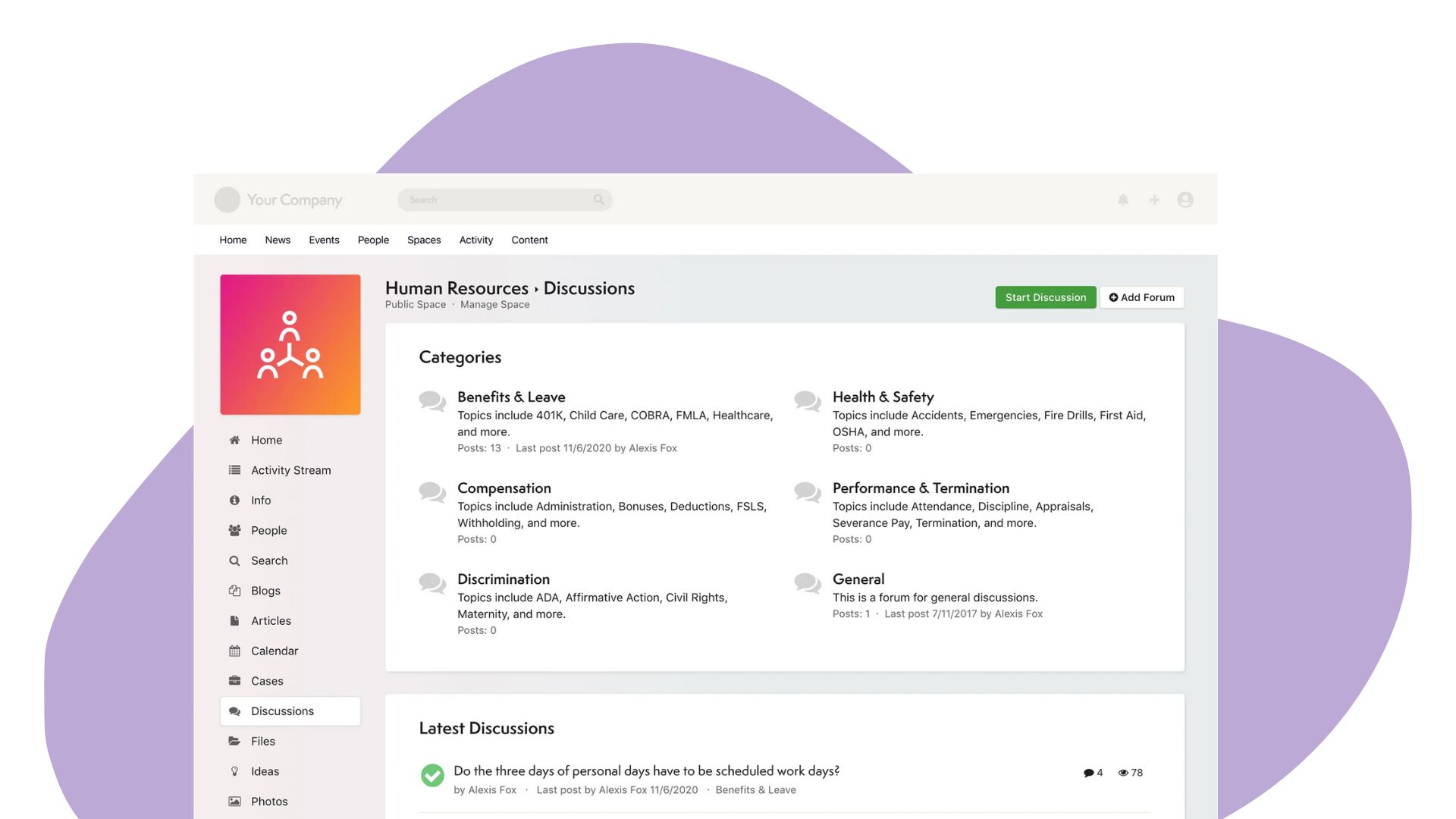


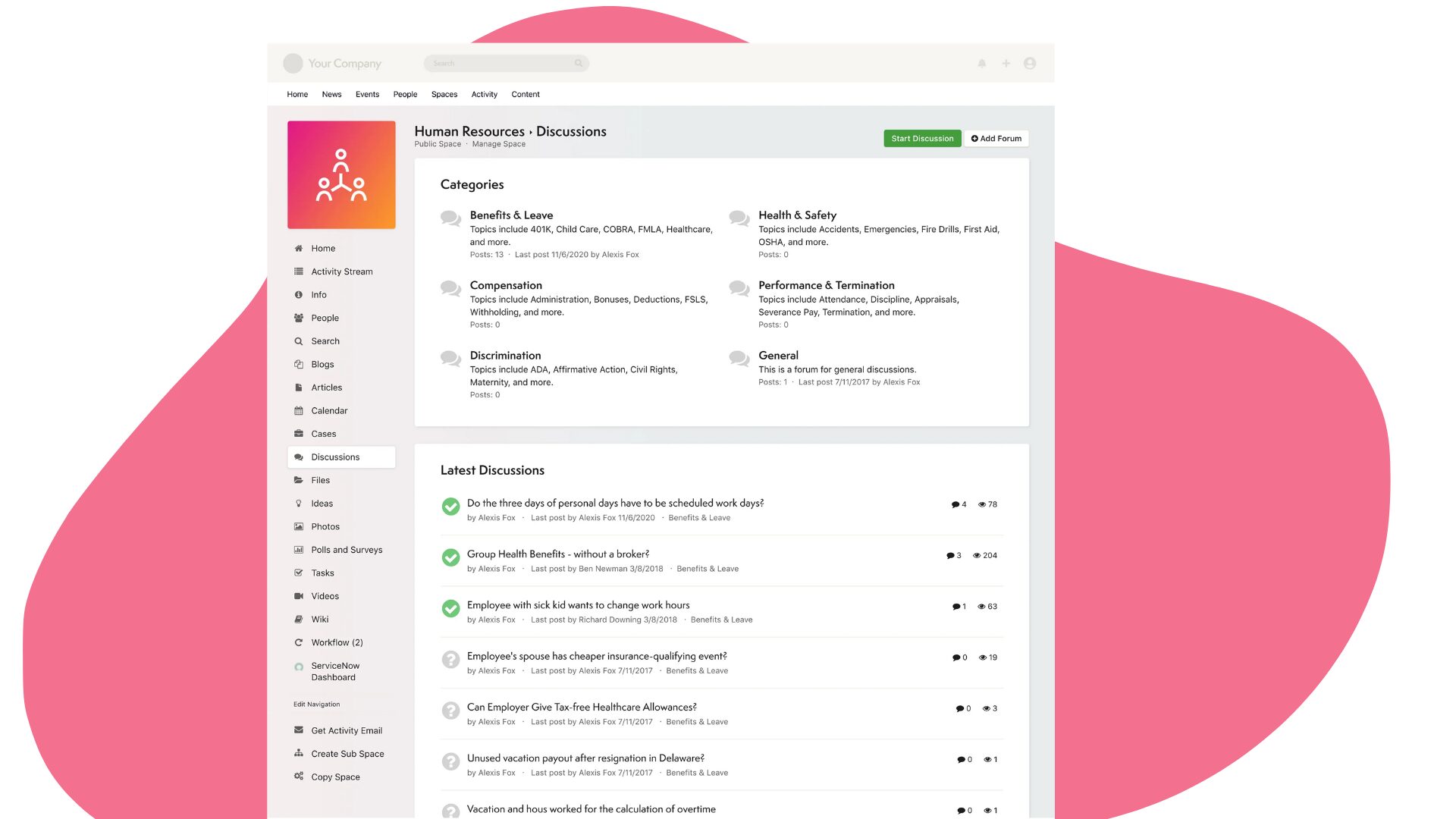
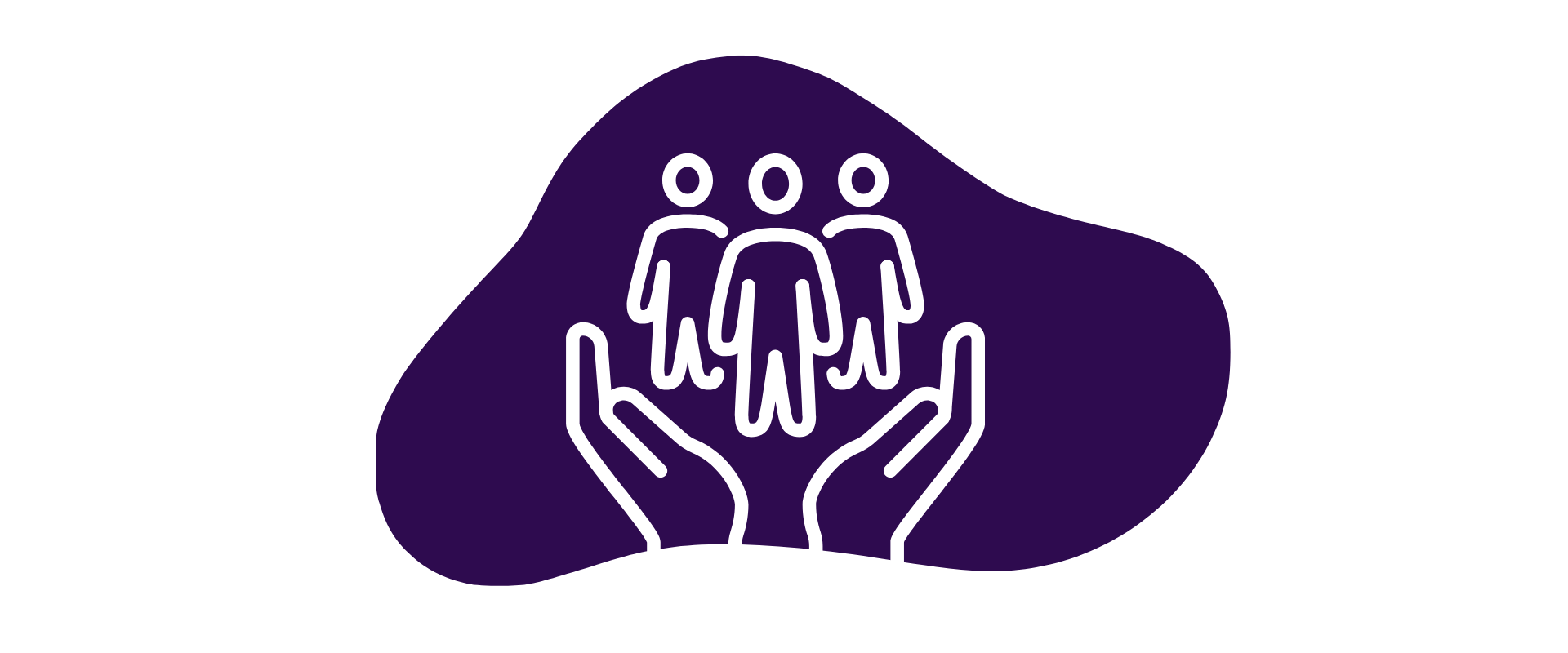

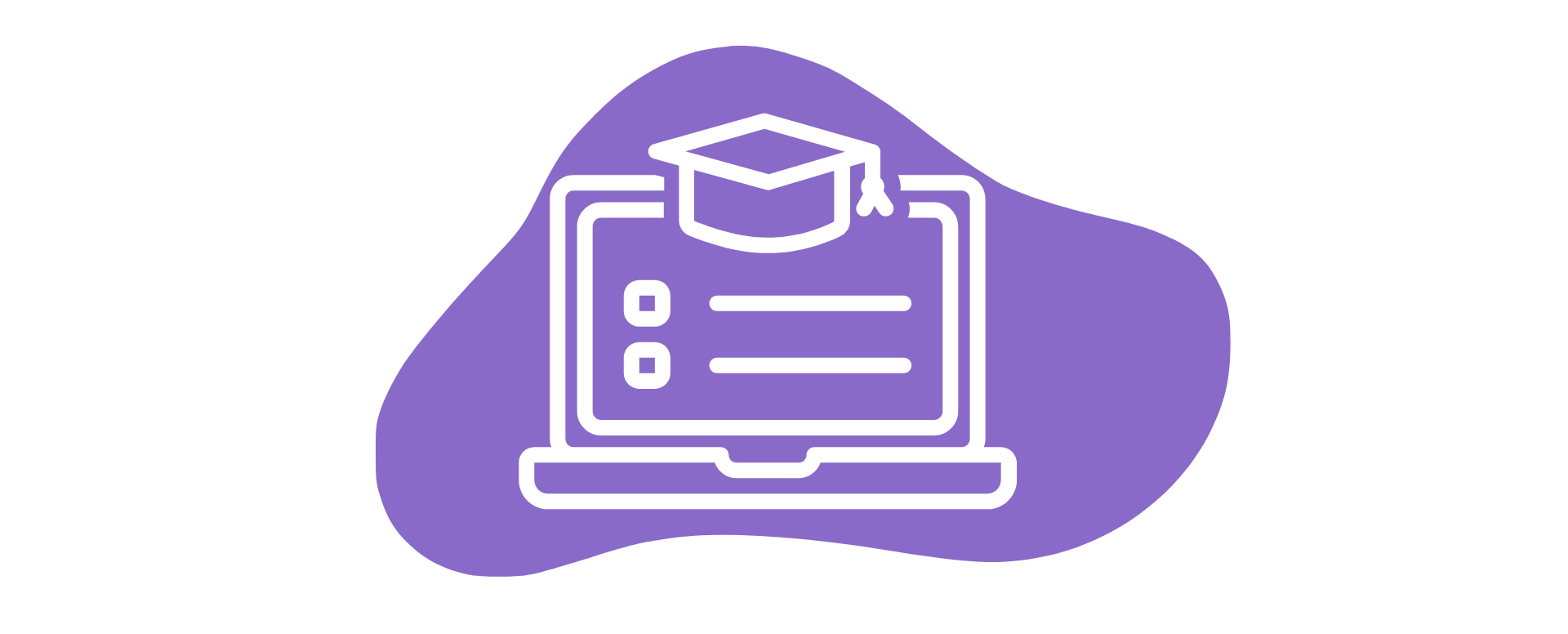







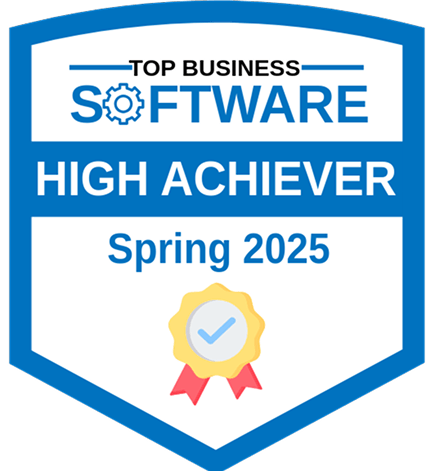

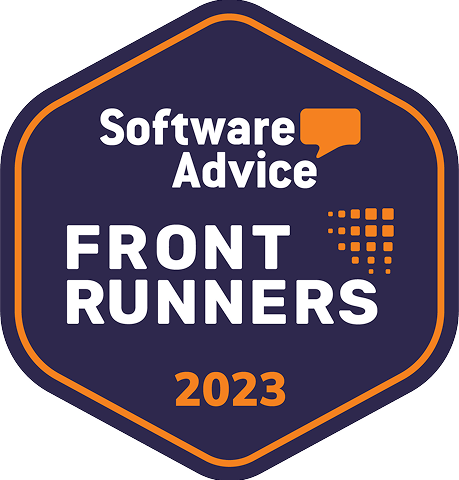
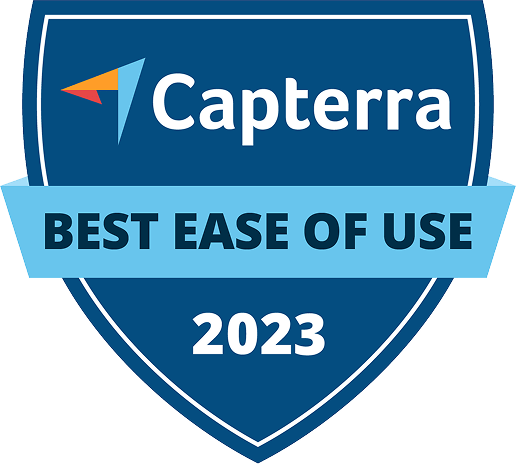
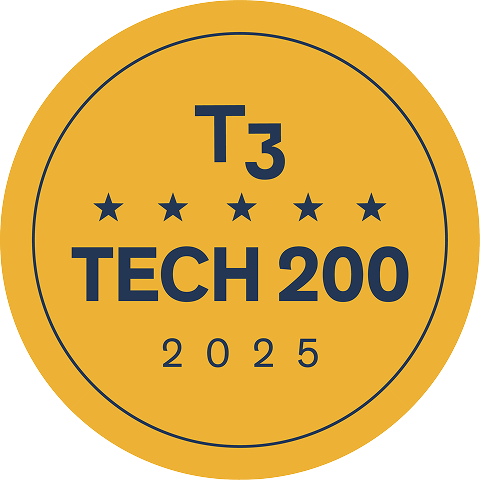
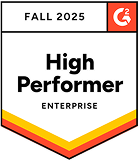
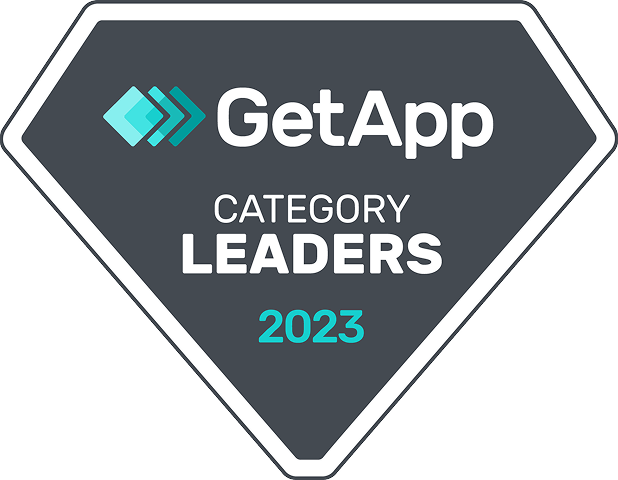
 info@axerosolutions.com
info@axerosolutions.com 1-855-AXERO-55
1-855-AXERO-55


